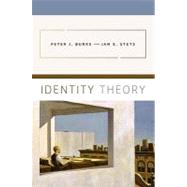- ISBN: 9780195388282 | 0195388283
- Cover: Paperback
- Copyright: 8/18/2009
As the world economy slides into the worst recession since the 1930s, there is fear that hard times will ignite a backlash against free trade policies and globalization more generally, much like happened during the earlier interwar period, the last time the international economy collapsed. This is troubling because expanding trade has been a source of growth and prosperity in developed and many developing economies for decades. There are potentially serious consequences for international peace and security too. When globalization was reversed in the 1930s, political disintegration and world war followed closely behind. Can it happen again? Political economists have argued that the domestic political foundation of the liberal international economy rests on an implicit contract between governments and their citizens called the bargain of embedded liberalism, according to which governments are expected to protect their citizens from the vagaries of the global economy in return for political support for policies like free trade that drive economic globalization. To help stem the rising tide of opposition to globalization, the bargain of embedded liberalism--currently under strain from forces associated with the multinationalization of production, the internationalization of financial markets, and now global recession--must be reestablished and bolstered. This book explores the political and economic institutional foundations of the bargain of embedded liberalism and the ways domestic institutions shape how governments redistribute the risks and benefits of economic globalization. The author identifies the Anglo-American democracies, because of their majoritarian polities combined with decentralized, competitive economies, as uniquely vulnerable to the contemporary challenges of globalization and the most susceptible to a backlash against it.






